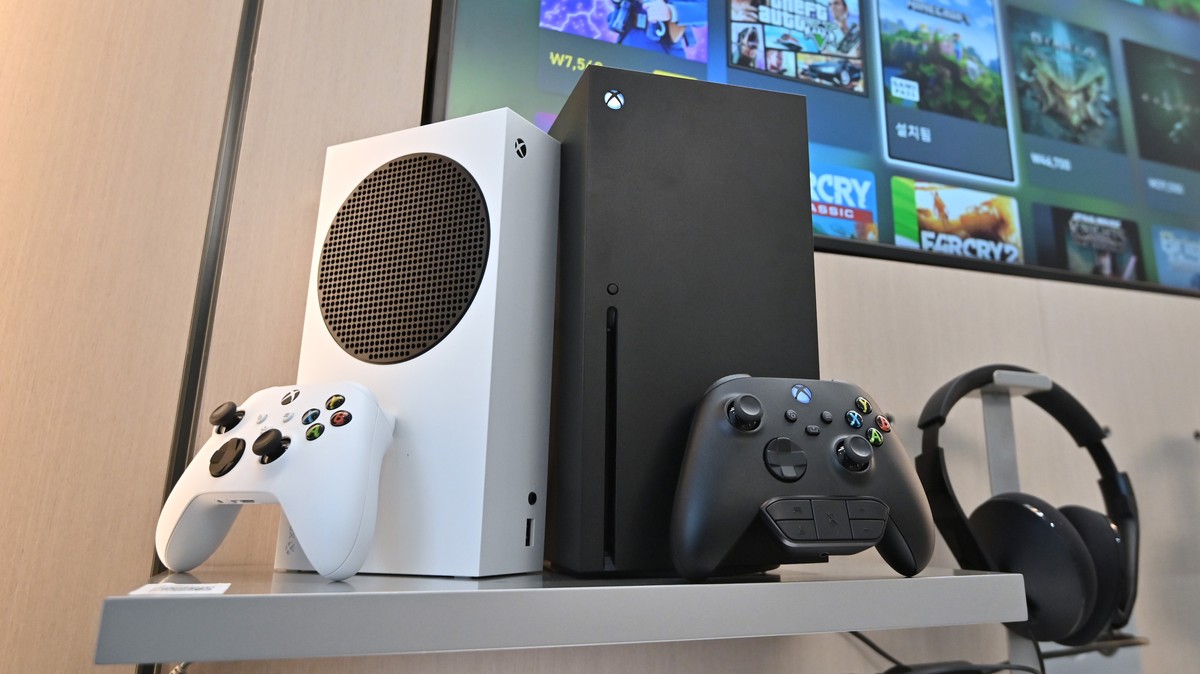It’s time to secure our digital sidewalks
Prior to COVID-19, the U.S. Federal Communications Commission (FCC) estimated at least 30 million Americans were on the wrong side of the digital divide, and nearly 12 million children are part of “the homework gap” because they do not have access to broadband internet at home. Local and state governments across America have moved to fight the digital divide thanks to the leadership of elected and administrative officials, the frontline efforts of not-for-profits, and the support from corporate and private philanthropists. As we collectively move forward to bring millions of Americans online (sometimes for the very first time), we are also exposing our communities to new risks in this “new normal,” virtual world.
Cybersecurity experts have projected that cybercrime will cost the global economy as much as $6 trillion across today’s 4.57 billion internet users. For 2020, cyber incidents continue to haunt our headlines. During just the last few months in the U.S., we have seen unprecedented cyber incidents — from United Health System’s incident that affected 250 facilities to two Westchester school districts reporting data breaches to racist Zoombombing of Connecticut’s Congresswoman Jahana Hayes.
All of this in the midst of unprecedented change everywhere we look.
In response to COVID-19, most Americans rushed into the new era of a remote and digital world. We left behind our concrete sidewalks and flooded our digital sidewalks. If you imagine a typical city’s physical sidewalks, they are usually secured by local businesses, pedestrians, nosy residents, vehicles, and law enforcement. In the real world, would you worry if your elderly parent went out for a stroll at 1 a.m.? If you are a parent, how comfortable are you allowing your underage children to play on the sidewalks unsupervised — during the day or night?
But now, on these crowded digital sidewalks, Americans are conducting unprecedented commerce, education and learning, entertainment and media, civic engagement and political action, communication with family and friends, financial transactions, access to government services, and, of course, remote work for those fortunate enough to telecommute during…


